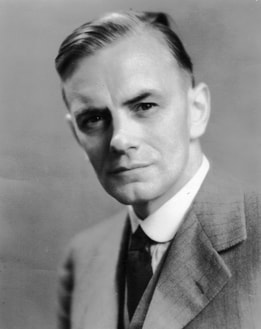|
Professor Sir Richard Sorabji's biography of his uncle Allan Monkhouse, the pioneering engineer, begins in his boyhood in the New Zealand bush servicing one of its earliest hydro-electric generators. He went on to work in Russia under the Tsars, and then the Russian revolution, standing beside Lenin in 1917 as he announced his programme, surviving a death sentence and escaping through Siberia. He switched on, under Trotsky, five of the world’s biggest electric generating plants, at one point saving Trotsky's life, until he was arrested by Stalin on a faked charge of sabotage. Called to India after retirement, he convinced Prime Minister Nehru that India’s water power could be increased twelve-fold, and then that the micro-generator he had designed could bring electricity across the Himalayas. He installed the first thirty of a total which by 2014 service an estimated 105,000 Himalayan villages.
|
Richard Sorabji © 2018
Website design by Tahmina Sorabji
Website design by Tahmina Sorabji



